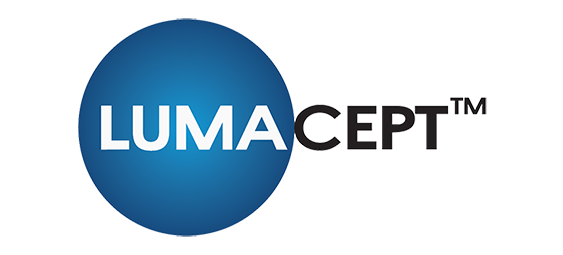A study conducted at the University of North Carolina has demonstrated that Lumacept can reduce disinfection times by 80%.
Rutala, W.A., Gergen, M.F., Tande, B.M., Weber, D.J. Rapid hospital room decontamination using ultraviolet (UV) light with a nanostructured UV-reflective wall coating (2013) Infection Control and Hospital Epidemiology, 34 (5 SPL), pp. 527-529.
Click here to view the abstract
Summary
A study was conducted to test the effect of UV-reflective coatings on the disinfection time and effectiveness of a sensor-based portable UV device. The study included samples of two microorganisms, MRSA and C. diff., which were placed in ten locations throughout a standard patient room. The UV device was positioned at the foot of the bed and was operated remotely. The device uses sensors to measure the amount of light reflected back to the device. These measurements are used to automatically adjust the cycle time of the device, depending on the target microorganism. Samples in all ten locations were tested both before and after the room was painted with Lumacept UV-reflective wall coating.
The results of the study were that Lumacept reduced the cycle time of the device by 80%. During MRSA trials, the cycle time was reduced from 25 minutes to 5 minutes. For C. diff., the cycle time was reduced from 44 minutes to 9 minutes. Further, the microbiological samples confirmed that there was no loss of effectiveness, despite the dramatically reduced cycle time. In fact, in indirect areas (those not directly illuminated by the device) there was an increase in log-reduction.

